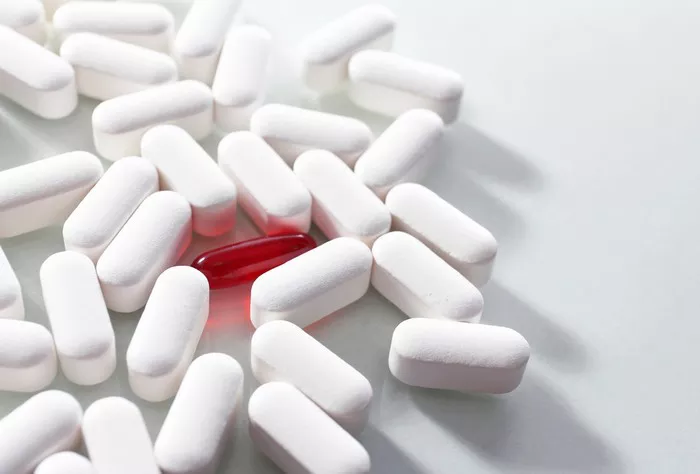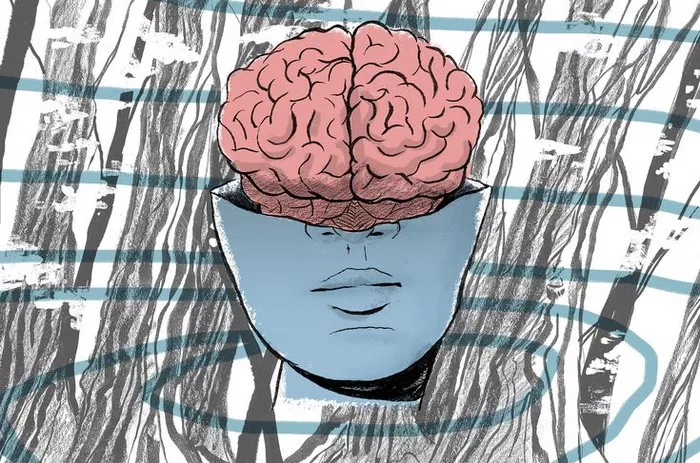Chronic Kidney Disease (CKD) is becoming a growing concern in children, with studies suggesting its prevalence in India is higher than the global average. CKD, characterized by a reduced estimated glomerular filtration rate (eGFR), impairs the kidneys’ ability to filter blood effectively. As a result, the condition leads to the increased secretion of albumin, a protein responsible for regulating fluid balance in the body.
Although kidney failure is the most obvious manifestation of CKD, the condition also affects other organs and systems. In children, CKD may be caused by congenital abnormalities, genetic disorders, or conditions such as glomerulonephritis (inflammation of the glomeruli, the tiny filters in the kidneys). Additionally, diseases like polycystic kidney disease, which causes cysts to form in the kidneys, can also lead to CKD.
Beyond kidney failure, CKD in children is associated with a range of complications, including growth retardation, cardiovascular issues, bone disease, and compromised immunity. Furthermore, certain types of kidney cancer are more common in children with CKD.
Dr. Pradnya Harshe, a consultant nephrologist and transplant physician at Bhailal Amin General Hospital in Vadodara, Gujarat, explains that CKD leads to chronic inflammation and oxidative stress. This imbalance between the production of free radicals and the body’s ability to neutralize them can accelerate cellular damage. As the kidneys are injured, the body attempts to repair the tissue by increasing cellular proliferation. However, this uncontrolled growth can result in the formation of abnormal cells, potentially leading to cancer.
Long-term CKD significantly increases the likelihood of developing kidney cancer, especially in advanced stages where dialysis or a kidney transplant may be required. Studies have shown that prolonged dialysis can raise the risk of kidney cancer due to the exposure of kidney cells to harmful toxins. The buildup of uremic toxins in the bloodstream not only damages kidney function but also has the potential to trigger carcinogenic activity in kidney cells.
Dr. Harshe recommends early detection of kidney abnormalities in children through regular ultrasounds and genetic testing, particularly for families with a history of kidney disease. Additionally, proper diet and medication are essential to reduce inflammation and slow the progression of CKD, potentially lowering the risk of further complications, including cancer.
As CKD continues to impact children’s health, early intervention remains crucial in preventing long-term damage and associated risks like kidney cancer.
Related Topics

































